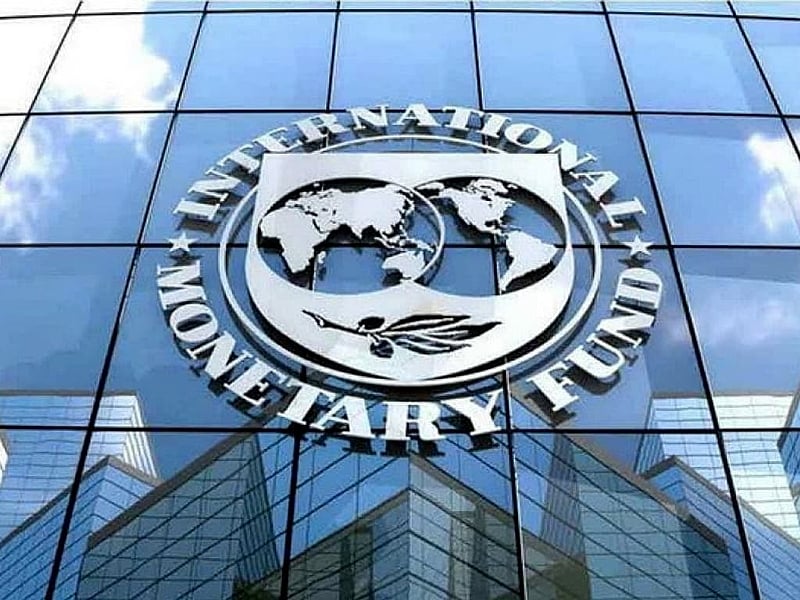Ghana’s economic recovery efforts are under scrutiny as the International Monetary Fund (IMF) prepares for a crucial review of the country’s performance under the Extended Credit Facility (ECF) program. This assessment, scheduled for early July 2024, holds significant weight as it could unlock a disbursement of approximately $370 million, boosting the total support received by Ghana to about $2.4 billion since the program’s inception in May 2023. The IMF’s Executive Board will meticulously examine Ghana’s progress in implementing key reforms and achieving the targets set under the ECF arrangement. This fourth review is not just a procedural step but a pivotal juncture that will determine the continued flow of financial support and signal the country’s commitment to restoring macroeconomic stability.
The ECF program, initiated in 2023, serves as a lifeline for Ghana’s struggling economy, aiming to address fundamental weaknesses and pave the way for sustainable growth. The program’s core tenets revolve around fiscal discipline, debt sustainability, and the stabilization of macroeconomic indicators. These objectives are crucial for restoring investor confidence, controlling inflation, and creating a conducive environment for economic recovery. The IMF’s financial assistance is contingent on Ghana demonstrating tangible progress in these areas, ensuring the responsible and effective utilization of the funds.
The upcoming review holds heightened importance due to recent fluctuations in Ghana’s currency market. The cedi, after a prolonged period of depreciation, has experienced a significant appreciation in recent weeks. This unexpected turnaround has attracted the attention of the IMF and local analysts alike, prompting a closer examination of the underlying factors and potential implications for the ongoing recovery program. The IMF’s assessment will consider whether these currency movements are sustainable and align with the broader macroeconomic objectives outlined in the ECF arrangement.
The IMF’s careful monitoring of the exchange rate underscores the interconnectedness of various economic factors and the importance of maintaining a stable currency for achieving sustainable growth. A volatile exchange rate can disrupt trade, impact inflation, and undermine investor confidence. Therefore, understanding the drivers behind the cedi’s recent appreciation and ensuring its stability is critical for the success of the ECF program and Ghana’s overall economic recovery. The IMF’s analysis will delve into the interplay between exchange rate dynamics and other key economic indicators, providing a comprehensive assessment of Ghana’s economic health.
The IMF’s emphasis on a comprehensive evaluation of economic indicators highlights the organization’s rigorous approach to ensuring the effectiveness of its programs. Beyond the exchange rate, the review will encompass a broad spectrum of data, including fiscal performance, inflation trends, debt levels, and structural reforms. This holistic assessment will provide a nuanced understanding of Ghana’s economic trajectory and inform future policy recommendations. By analyzing the interplay of these indicators, the IMF aims to ensure that Ghana remains on a sustainable path towards economic recovery and long-term stability.
The upcoming IMF review in early July holds significant implications for Ghana’s economic future. The potential disbursement of $370 million represents not just financial support but a vote of confidence in the country’s reform efforts. However, the IMF’s scrutiny of exchange rate fluctuations and other key indicators underscores the need for continued diligence and adherence to the program’s objectives. The review’s outcome will signal whether Ghana is on track to achieve macroeconomic stability and pave the way for sustainable economic growth in the long term. It marks a critical moment for Ghana, requiring sustained commitment and effective policy implementation to secure its economic future.














